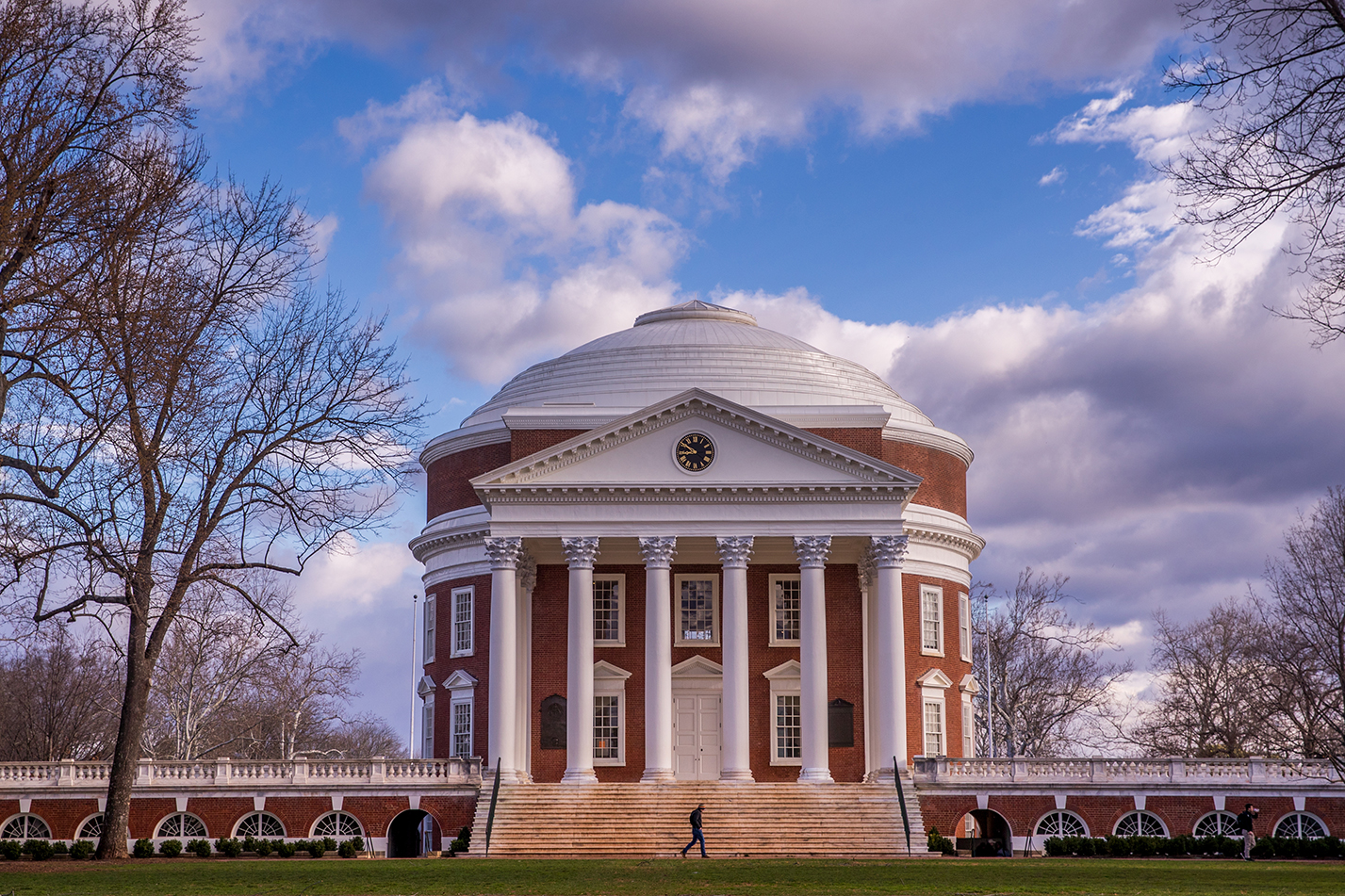
Instructor:
"Now let’s get in formation!” While the command Beyoncé sings in the title track of her 2015 album Formation is at its most basic level an instruction to her dancers to get ready to perform, it is also something more than that. Throughout the song, Beyoncé reflects on how she has come to be who she is—where she comes from and the people that surround her, the work she has put in, and the traits, virtues, and dispositions that have shaped and been shaped by her experiences —as well as about who she is still becoming. Like Beyoncé, this course explores how we become who we are, albeit a bit more analytically and systematically!
Over the course of seven weeks, we will identify and interrogate the complex, multi-faceted relationships between social contexts and factors, identities, and ethical approaches and actions. What social, cultural, and historical factors shape us? How do these factors shape us— how do they impact how we relate to others, what we see as good or successful, the decisions we make and the ways we organize and order and live our lives? How, then, do we shape the world around us as we’re being shaped by it? Drawing on resources from across the humanities and social sciences, we will reflect on and evaluate meta-ethical theories of identity and formation, ethical inquiries that arise in both theories and processes of formation, and ethical implications and applications of various accounts.
As one distinctive part of a broader framework of scholarly engagements, this course will aid us in cultivating an approach to ethical reflection and practice that can serve as a basis for critical inquiry and civic participation. Put another way, in asking how we become who we are, this course (and the Engagements program it is a part of) is also saying something about who we could (should?) become and how we might get there. (Given this, we’ll even actually turn to this very course as a site of inquiry! #meta.) In exploring approaches and questions around how we become who we are, through close reading, class discussions, and course assignments, students will reflect critically, constructively, and creatively about who they want to be as individuals and/in community, why, and what the processes of becoming might look like.
